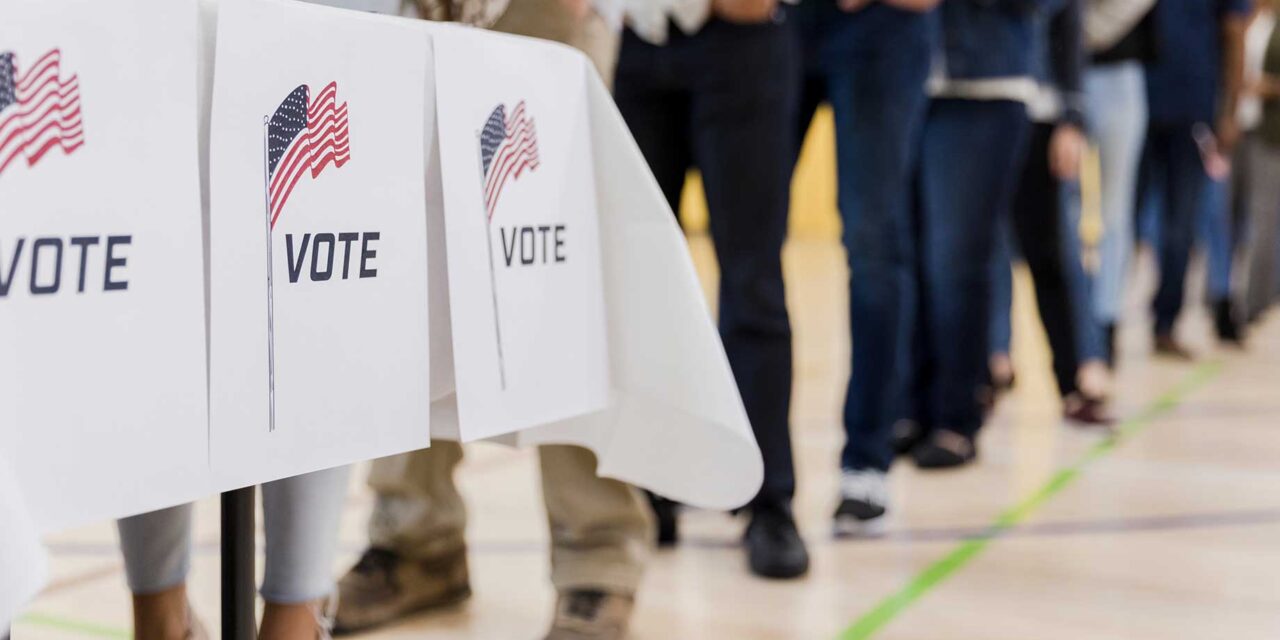While Black turnout was down slightly from 2020, North Carolina Democrats blame a lack of organizational support.
On the heels of the presidential election, voter turnout, exit polling, and voter sentiment are being parsed and sifted through to determine how former-turned-future President Donald Trump defeated Vice President Kamala Harris in such a convincing fashion, particularly as polling indicated a much closer contest.
Fresh off the first election under a new voter identification requirement, North Carolina saw “little impact” on voter turnout according to conservative thinking tank R Street.
The same analysis showed the ID requirement did not have a disproportionate impact on areas of the state hit by Hurricane Helene in the weeks leading up to election day. In fact, the largest county in western North Carolina was higher in 2024 than in 2016, though just a bit less than in 2020.
Voter ID laws in North Carolina had been under legal challenge for a decade after Republicans in the state legislature passed the requirement in 2013. A federal court ruled it unconstitutional, saying it focused on minority voters, including African Americans, “with almost surgical precision.”
A 2018 law was also held up in court and not enforced until this year’s election, in which 5.7 million North Carolinians cast their vote. To do so, they were required to produce a form of identification from a list of acceptable sources or sign an affidavit of explanation.
Exit polling and post-election analysis indicates North Carolina was among the states with the biggest shift in Black support for President Donald Trump. Republicans in the state captured 12% of the Black vote compared to just 7% in 2020.
Though Trump’s percentage of support from African Americans in North Carolina nearly doubled, in one of the state’s most important counties for Black voters, Mecklenburg County, turnout was down from 2020. Local officials are blaming infighting and a lack of a voice “in the inner workings” of the local Democratic party from the party’s African American Caucus.
In nearby Georgia, where Trump also won with roughly the same percentage of support from Black voters as 2020, there are recriminations and self-reflection among state Democratic party officials, who say Black voters felt neglected by party leaders. There was no mention of the controversial voting laws passed by the state, which President Joe Biden at the time called “Jim Crow in the 21st century.” The changes in election law includes limiting the number of ballot drop boxes and new identification requirements for absentee ballots.
The shift towards Republicans and support for Trump among Black voters is representative of a larger swing since the 2012 election in which Republicans have severely cut into Democrats’ iron grip minority groups’ votes.






